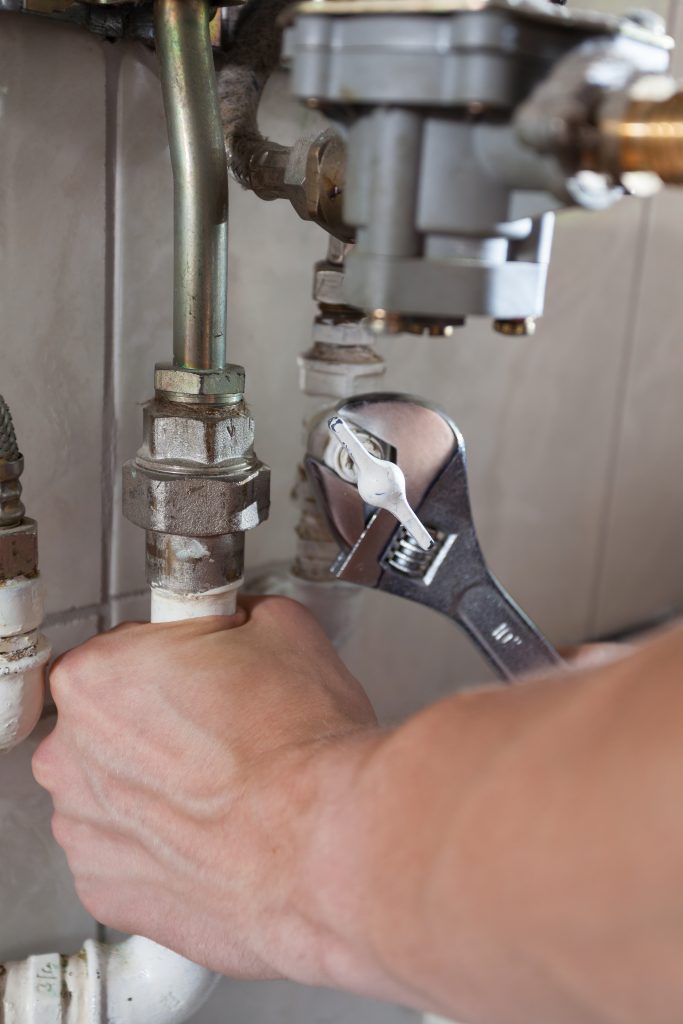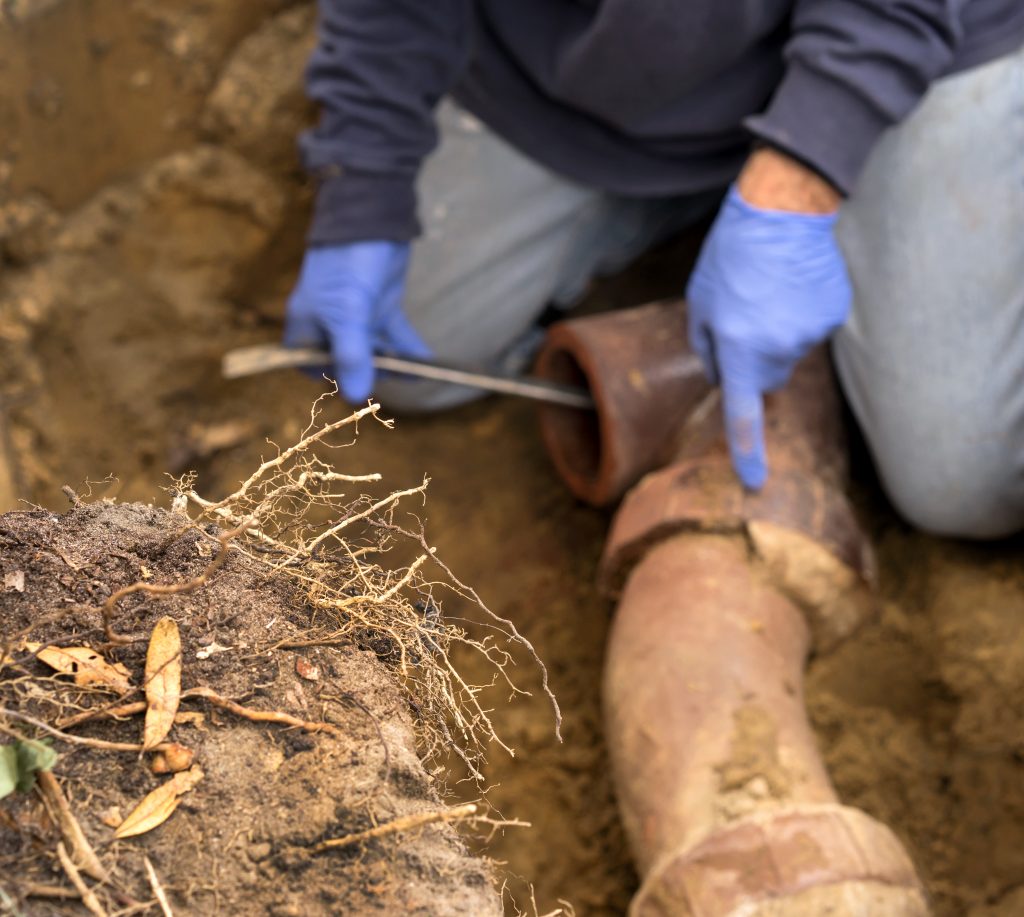Water Leak Identification
What Causes Water Leaks?
Knowing what causes water leaks can help you be more aware of how to maintain your pipes, and if there is ever an emergency, you’ll be able to know exactly what service to ask for when you call us. Below are some of the most common causes of leaks:
Wear and tear: The older the pipes are, the less effective they become. Check the age of your system and know the material of your pipes so that you can gauge the risks.
Rusting: Depending on the material of your pipes, rusting can take place. If the rust problem is significant, it can weaken your pipes and the very pressure from the water can cause a rupture.
Hard water: Hard water, consisting of mineral and other hard material, can eat away at the pipes and cause a small rupture to occur, leading to a leak.
Tree roots: Roots from large trees can cause leaks as the roots wrap themselves around the pipes while looking for a water source; the pressure can eventually break the pipes.
Foundation movement: Foundations and leaks can go hand in hand. Either a small leak from the above items can cause shifting in your foundation or movement in the soil, rain erosion, and other factors can cause your foundation to shift and then cause a leak.
Plumbing issues: Other causes of water leaks include high water temperatures. If water pressure is extremely high, it can dislodge the pipe at the joints. Blockages can also occur, leading to a buildup of pressure that can eventually cause the pipe to burst.


“Do I have a leak?”
- Have you noticed unusually high water bills that are not normal for the season you are in? We tend to use more water in the Spring and Summer than in the Fall and Winter. Most water companies can provide you with a comparison from year to year.
- Are there wet areas in or around your house?
- Do you hear water in your pipes when no plumbing fixtures are running?
“How can I check to be sure?”
Use your water meter to check for leaks.
1. Make sure no water is being used inside or outside of your house.
2. Locate your water meter and check the leak indicator to see if it is moving.
3. Check in 10-15 min intervals over the course of an hour.

